
Food processing facilities face a critical dual mandate: maintaining the stringent safety standards necessary to prevent contamination and recalls, while simultaneously addressing the industry challenge of sustainability and waste reduction. For manufacturers committed to proven excellence, reconciling the necessary use of disposable Personal Protective Equipment (PPE)—such as disposable gloves—with environmental responsibility requires future-forward strategies.
Ansell, a global provider dedicated to safety solutions, and Nelson-Jameson, a premier single-source supplier to food processors, recognize this balancing act. However, corporate social responsibility and maximizing food safety are achievable through knowledge-based programs and innovative material science.
Check out the Ansell selection of gloves offered by Nelson-Jameson for your food manufacturing facility.

Sustainability is at the core of what Ansell does. This commitment goes beyond minimizing waste; it encompasses ethical sourcing, driving innovation, improving energy efficiency, and using responsible materials. Ansell is focused on making a positive difference for both people and the planet.
Mitigating the environmental impact of disposable gloves without compromising microbial or cross-contamination control is paramount. This is where material innovation becomes essential.
Ansell Earth offers high-performance PPE designed with sustainability in mind. These products, including Sustainable gloves, focus on incorporating recycled materials, optimizing resources, and lowering the carbon footprint. Crucially, Ansell Earth ensures that these sustainable products maintain the same trusted protection required in the demanding food processing industry.
Manufacturers can explore advanced material options, such as biodegradable or accelerator-free nitrile options, which represent Ansell’s innovation aimed at supporting a circular economy.
A comprehensive sustainability program requires both innovative products and robust operational protocols. Thought leaders in food safety are implementing strategies that directly address waste throughout the glove lifecycle.
Key practices for integrating sustainability into the PPE protocol include:
By shifting procurement decisions to favor durable, ergonomically advanced, and sustainably sourced PPE, food processors turn waste reduction into a measure of efficiency and responsibility.
At Nelson-Jameson, we deliver solutions, not just products. We understand the unique challenges of food manufacturing and are dedicated to helping you create a safer, more compliant workplace. We can assist you in selecting the right Ansell PPE for your specific plant needs.


February 11, 2026
There is a critical link between worker safety and food safety, and nowhere is this more apparent than w...
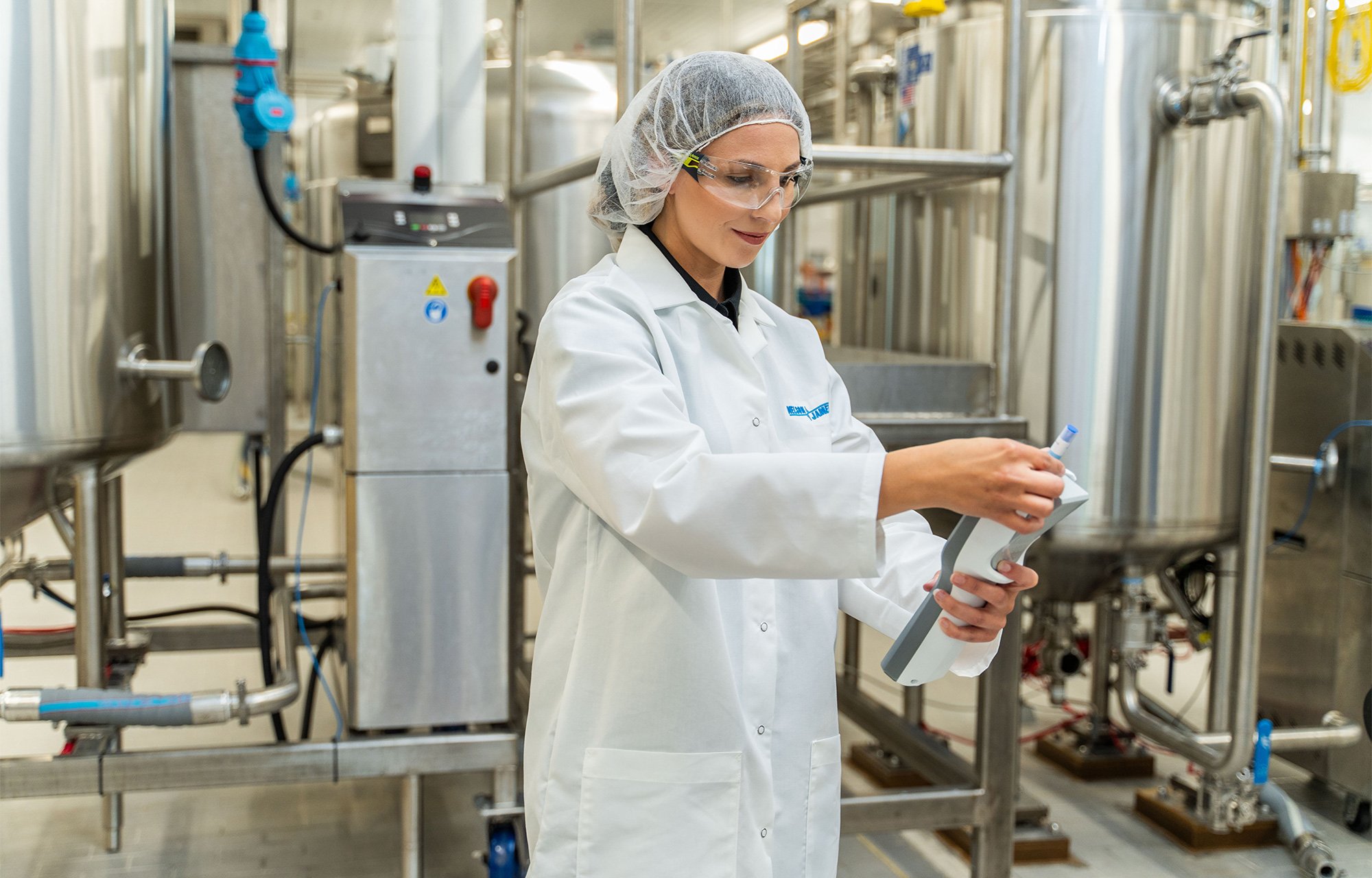
February 3, 2026
Ensuring the safety and quality of dairy products requires a robust framework combining rigorous testing...
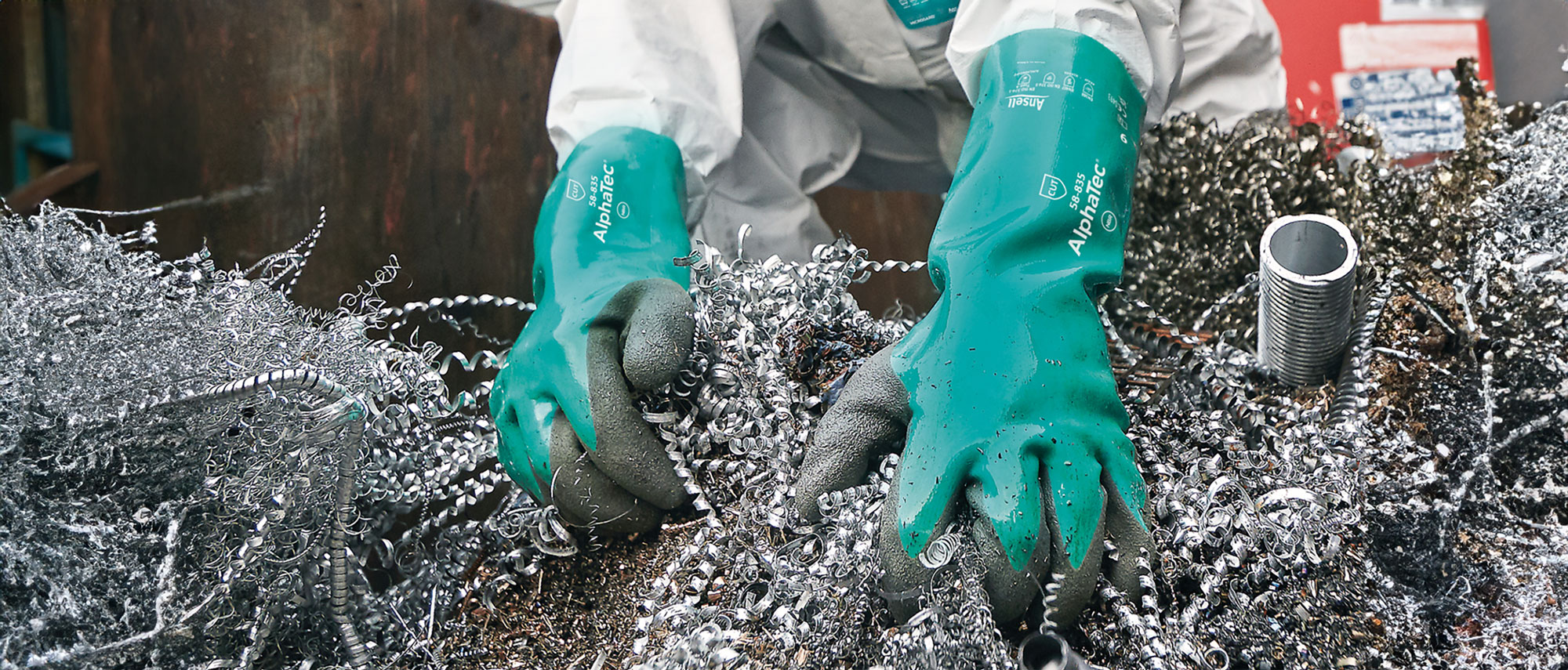
January 12, 2026
Gloves can force a choice between comfort and protection. But compliance, efficiency in usage, and worke...

Recognize and address possible hygiene and sanitation challenges based on the cleaning and material handling equipment available in your facility.
Through a discovery call, virtual, or on-site assessment, Vikan SQF Practitioner certified specialists will assist in confirming that your system and cleaning tool inventory aligns with your risk management objectives while pinpointing any missing tools and enhancing maintenance and usage practices. Evaluate whether your existing tools are utilized in the most effective manner, or determine if a more suitable tool exists for the task at hand. Ensure that your tools comply with all relevant standards and regulatory requirements. Site evaluations encompass a summary survey, an overview of the location, a color-coded factory layout plan, product suggestions, a recommended order form, and a proposal for a follow-up survey.
Food Safety, Sanitation, Cleaning Tools, Color Coding
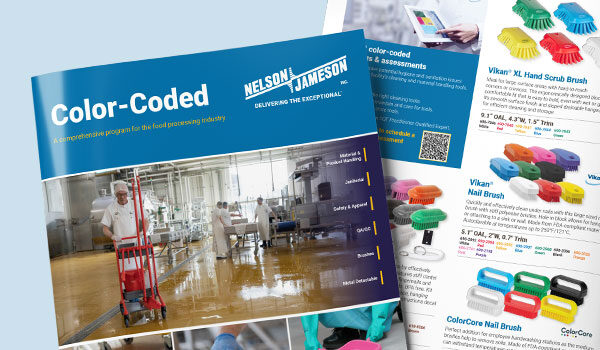
This is a comprehensive program for the food processing industry. Nelson-Jameson brings together the most extensive collection of color-coded products for material handling, product handling, janitorial, safety, apparel, QA/QC, and metal-detectable applications. With the right pieces, a color-coding system is a powerful tool in preventing cross-contamination of allergens and food-borne illnesses that can lead to sickness or expensive product recalls.

Food Safety, Sanitation, Cleaning Tools, Color Coding
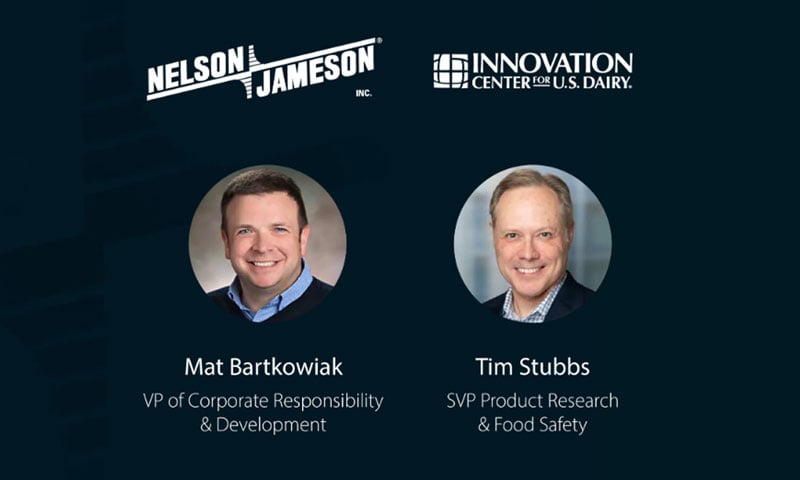
Food Safety
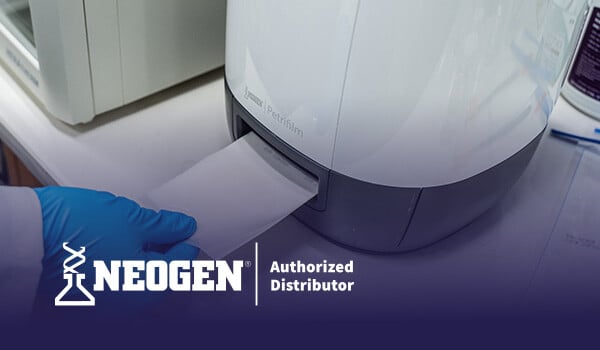
Get Petrifilm Certified through our complimentary immersive workshop for managers, personnel, and teams. The workshop offers practical knowledge through hands-on training and networking with industry professionals and experts. Attendees gain an in-depth understanding of Petrifilm technology and valuable insights into effective environmental monitoring practices. Participants leave with a certification and a wealth of resources that can significantly contribute to elevating their plant's quality control standards.
Food Safety, Sanitation, Laboratory